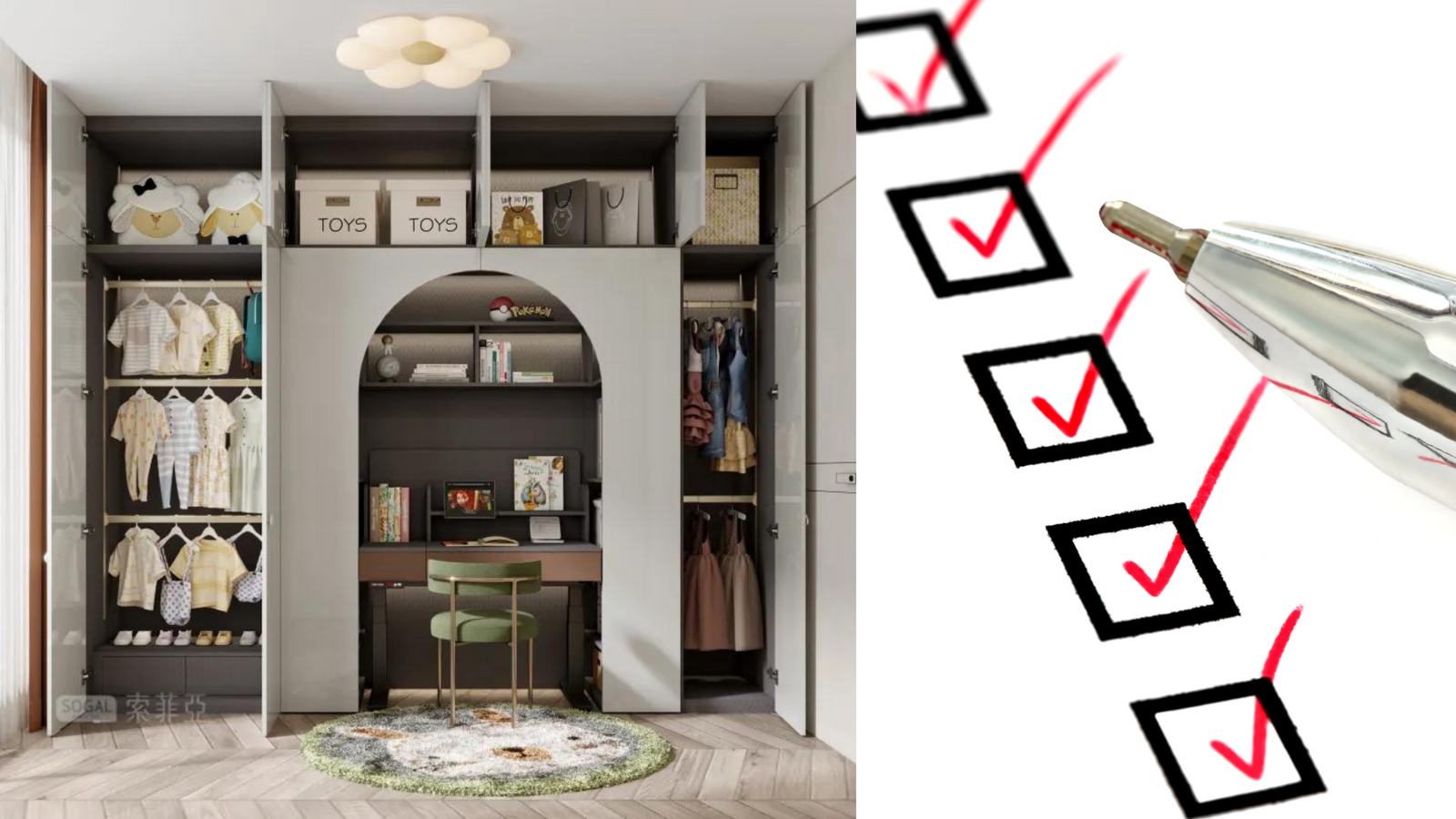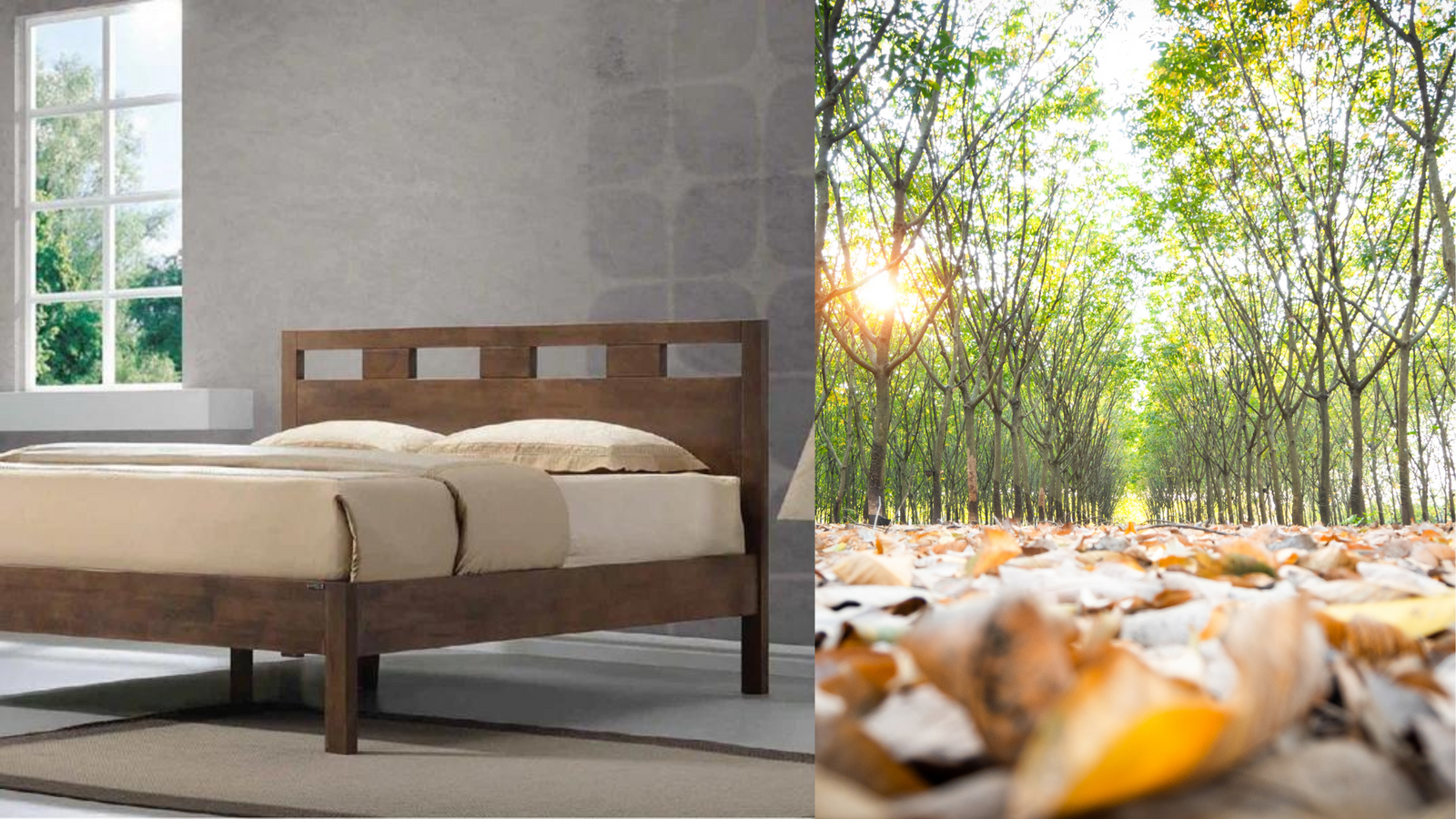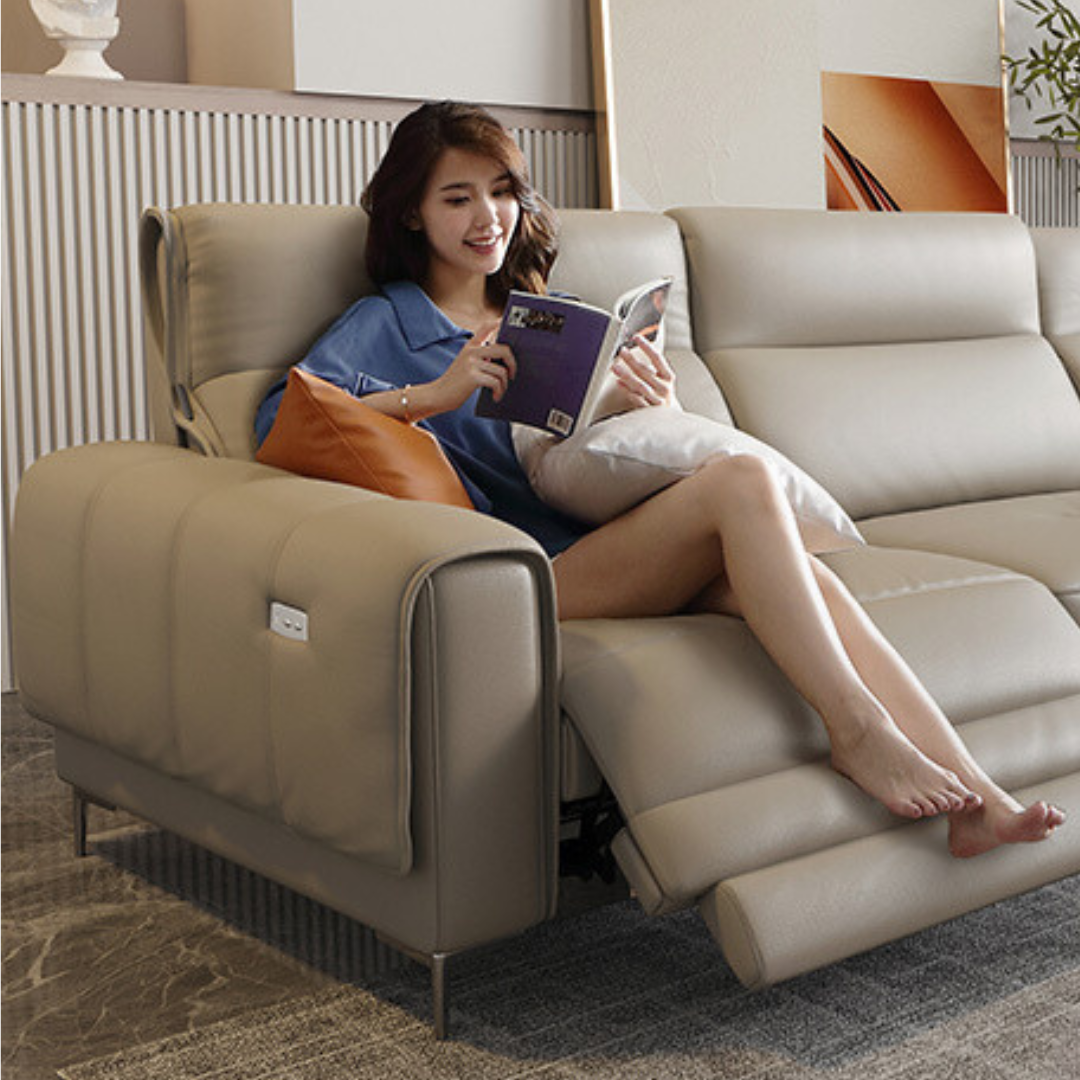Are you struggling to get a good night's sleep? Is your back hurting? Do you wake up feeling tired, achy, or restless? It might be time to consider changing your mattress. A worn-out mattress can negatively impact your sleep quality and overall well-being. Making it essential to invest in a new one.
In this article, we will explore the top 10 reasons why changing your mattress is crucial for achieving better sleep, enjoying a healthier lifestyle and to prevent hurting yourself. From improving sleep quality and relieving pain to eliminating allergens and staying up-to-date with technological advancements, discover the compelling reasons why it's time to bid farewell to your old mattress and embrace a rejuvenating sleep experience.
#1 Improve Sleep Quality
A worn-out mattress can greatly impact the quality of your sleep. Over time, mattresses lose their shape and support, leading to discomfort and restless nights. By replacing your mattress, you can ensure better sleep quality, waking up refreshed and energized each morning.
Inkagu 真珠 ShinJu X Single Latex High-Density Foam Mattress 4/6 Inch Thickness (SXS4/SXS6)
#2 Relieve Back and Joint Pain
An old mattress that has lost its ability to provide proper support can contribute to back and joint pain. As the mattress ages, it may develop sagging areas that fail to align with your body's natural curves. Investing in a new mattress with optimal support can help alleviate these aches and pains, promoting a healthier and more comfortable sleep.
#3 Eliminate Allergens and Dust Mites
Over time, mattresses accumulate dust mites, allergens, and other microscopic organisms that can trigger allergies and respiratory problems. If you suffer from allergies or asthma, it's essential to replace your mattress regularly to maintain a clean and healthy sleep environment.
Inkagu 真珠 ShinJu X Air-Gel Memory Foam Anti-Microbial Mattress
#4 Enhance Sleep Hygiene
Sleep hygiene refers to the habits and practices that promote good sleep. A key component of sleep hygiene is a clean and comfortable sleep surface. By changing your mattress regularly, you ensure that you are maintaining optimal sleep hygiene, minimizing the risk of sleep disruptions and health issues associated with poor sleep.
#5 Increase Mattress Hygiene
While you may regularly clean your mattress, certain stains and odors can be difficult to remove completely. An old mattress may retain body sweat, spills, and other residues, making it unhygienic to sleep on. By replacing your mattress, you can enjoy a fresh and clean sleep environment, free from unwanted odors and stains.
#6 Prevent Allergies and Respiratory Issues
An old mattress can harbor allergens such as pollen, pet dander, and dust mites, which can trigger allergies and respiratory issues. Regularly changing your mattress ensures that you are not exposing yourself to these allergens, promoting better respiratory health and reducing the risk of allergic reactions.
#7 Improve Sleep Efficiency
A comfortable and supportive mattress is crucial for achieving better sleep efficiency. Sleep efficiency refers to the amount of time spent asleep compared to the total time spent in bed. By replacing your mattress, you can improve sleep efficiency, reducing the time it takes to fall asleep and minimizing sleep disruptions throughout the night.
#8 Boost Overall Well-being
Quality sleep is essential for overall well-being. When you sleep on a worn-out mattress, you may experience frequent disturbances, leading to daytime fatigue, irritability, and reduced cognitive function. By upgrading to a new mattress, you can enjoy better sleep, leading to improved mood, concentration, and overall physical and mental well-being.
#9 Enhance Long-Term Durability
Mattresses have a limited lifespan, and using an old mattress beyond its recommended lifespan can result in decreased durability and comfort. Regularly changing your mattress allows you to invest in a high-quality product that will last longer, providing you with years of comfortable sleep.
#10 Stay Up-to-Date with Technological Advancements
Mattress technology is continually evolving, with new innovations designed to enhance sleep comfort and support. By changing your mattress regularly, you have the opportunity to take advantage of these advancements and experience the latest features and materials that can significantly improve your sleep quality.
Conclusion
In conclusion, changing your mattress regularly is crucial for maintaining optimal sleep health and overall well-being. From improving sleep quality and alleviating pain to preventing allergies and staying up-to-date with technological advancements, the benefits of a new mattress are numerous. Invest in a comfortable and supportive sleep surface, and reap the rewards of a restful and rejuvenating sleep experience. Don't let an old mattress hold you back from enjoying the quality sleep you deserve.
Recommended Links
- Tatami Storage Bed Collection.
- Top 10 Best Storage Bed Features For Singapore.
- Top 10 Best Mattress Features For Better Sleep.
- The Art of Tatami Sleeping.
- Learn more about Tatami Beds.
- To keep in touch with us about the latest deals follow us on Facebook .



















